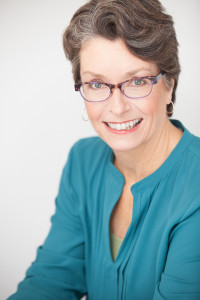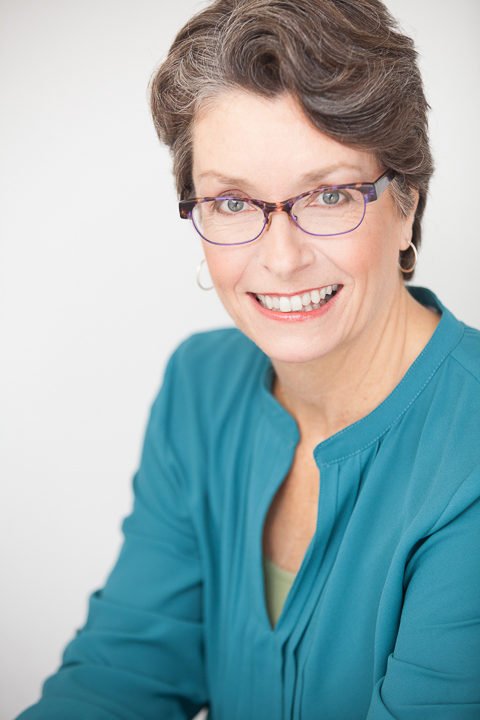Written by Victoria Williams.
 Liz Carmack, a lifelong member of WCA – who is also a former WCA board member and the subject of this month’s member spotlight – is a busy bee. On her own time, when she’s not hard at work handling communications for the Texas Association of Counties, Carmack writes books and advises fellow authors as a nonfiction book consultant.
Liz Carmack, a lifelong member of WCA – who is also a former WCA board member and the subject of this month’s member spotlight – is a busy bee. On her own time, when she’s not hard at work handling communications for the Texas Association of Counties, Carmack writes books and advises fellow authors as a nonfiction book consultant.
And, Carmack gave us an extra special glimpse into her everyday life when she sat down over the Christmas holiday to answer a few questions. Here is what she had to say:
Q: You are responsible for managing communications at the Texas Association of Counties (TAC). Describe what a typical day is like for you?
A: Well, I don’t manage communications, that’s my boss’ job. As Senior Communications Specialist for TAC, I write, edit and manage some of TAC’s communications projects. (There are two other communications specialists who do similar work.) I usually work on several projects at once, so I might begin a typical day by working with internal customers to design a marketing plan for a new service for county officials and employees, then write copy for a banner ad promoting one of our risk pools. After that I may consult with a staff designer on the look for a new brochure, research a magazine feature, or edit an email blast to members. Finally, I may collaborate with a co-worker on our social media marketing or work with a team planning our website redesign. My job is fast-paced, challenging and draws on many skills I’ve developed during 30 years as a professional communicator. That’s one of the reasons I love it.
Q: You are also an author. What genre of books do you write and how would you say writing books have helped you succeed in your position with TAC?
A: I’ve written two non-fiction books; both are focused on Texas subjects and both were published by Texas A&M University Press. Historic Hotels of Texas: A Travelers Guide was released in 2007 and is in its second printing. Rodeo Austin: Blue Ribbons, Buckin’ Broncs and Big Dreams came out in 2012. Rodeo Austin commissioned me to research the 75-year history of the organization.
I learned a lot in the process of writing both. It made me a better writer and interviewer and I learned how to conduct historical research. I became more comfortable with taking risks, learned how to manage big projects, and learned a lot about marketing. My experiences as an author inform how I approach and perform my work at TAC every day.
Q: In addition, you advise fellow authors as a nonfiction book consultant. What are some of the do’s and don’ts someone who is new to the profession should keep in mind when writing a book?
A: Realize that you had better love, love, love the subject you want to write about. You must sustain that passion through months of research, organizing, writing, revising, more revising, publishing and marketing. Do your research to learn about other books in the same genre before you get too far down the road. Identify your competition and pinpoint your target audiences. Why do they need your book? Stay flexible as you’re researching and writing, and let the project move in new directions. It might need to.
Don’t let the desire to write a perfect first draft prevent you from getting started. Your first draft is just that. The most important part of writing is rewriting. Also, if you have an idea for a book, don’t just dismiss it without first doing some research. Your idea might be great. Before talking yourself out of it, ignore your inner critic and take some practical steps forward. I did and I ended up with Historic Hotels of Texas: A Traveler’s Guide. Also, don’t underestimate the importance of your role as a marketer in the commercial success of the book.
Q: What is the most rewarding part of being a consultant?
A: I love working with an author who’s passionate about a nonfiction topic but needs help envisioning the best form a book on that topic could take. I enjoy helping them identify what to focus on, learn how to tackle research, and understand how best to organize the manuscript and keep their project on track.
Q: Why did you join WCA and what role did you take on as a board member?
A: I joined WCA around 1990, when I was public information coordinator at the Lady Bird Johnson Wildflower Center. Soon after, I served on the board as publicity chair. About eight years ago, I served as newsletter editor for two terms. I joined the board to contribute to an organization that has given me much support over the years.
Q: What do you love most about the WCA?
A: WCA members are the cream of the communications crop in Austin and Texas. They’re not only smart and savvy, they’re generous with their knowledge and networks. I’ve learned a lot from my fellow WCAers and continue to. Some of my WCA friendships are going on 30 years. (Gulp!)
Q: What do you like to do in your spare time?
A: I love to swim, dance, hike and camp. You’ll also find me snapping pics of my rapidly changing ’04 neighborhood and sharing them on Instagram @LizLens. My favorite dance partner, writer Jeff Carmack, and I travel as much as work allows, which is never enough.
- Announcing Our 2016-2017 Board of Directors - May 31, 2016
- Freelance Corner: Making Impressions, Copyright FAQs and Nixing Procrastination - May 25, 2016
- Austin’s Best Kept Secrets: Swimming Holes - May 24, 2016

